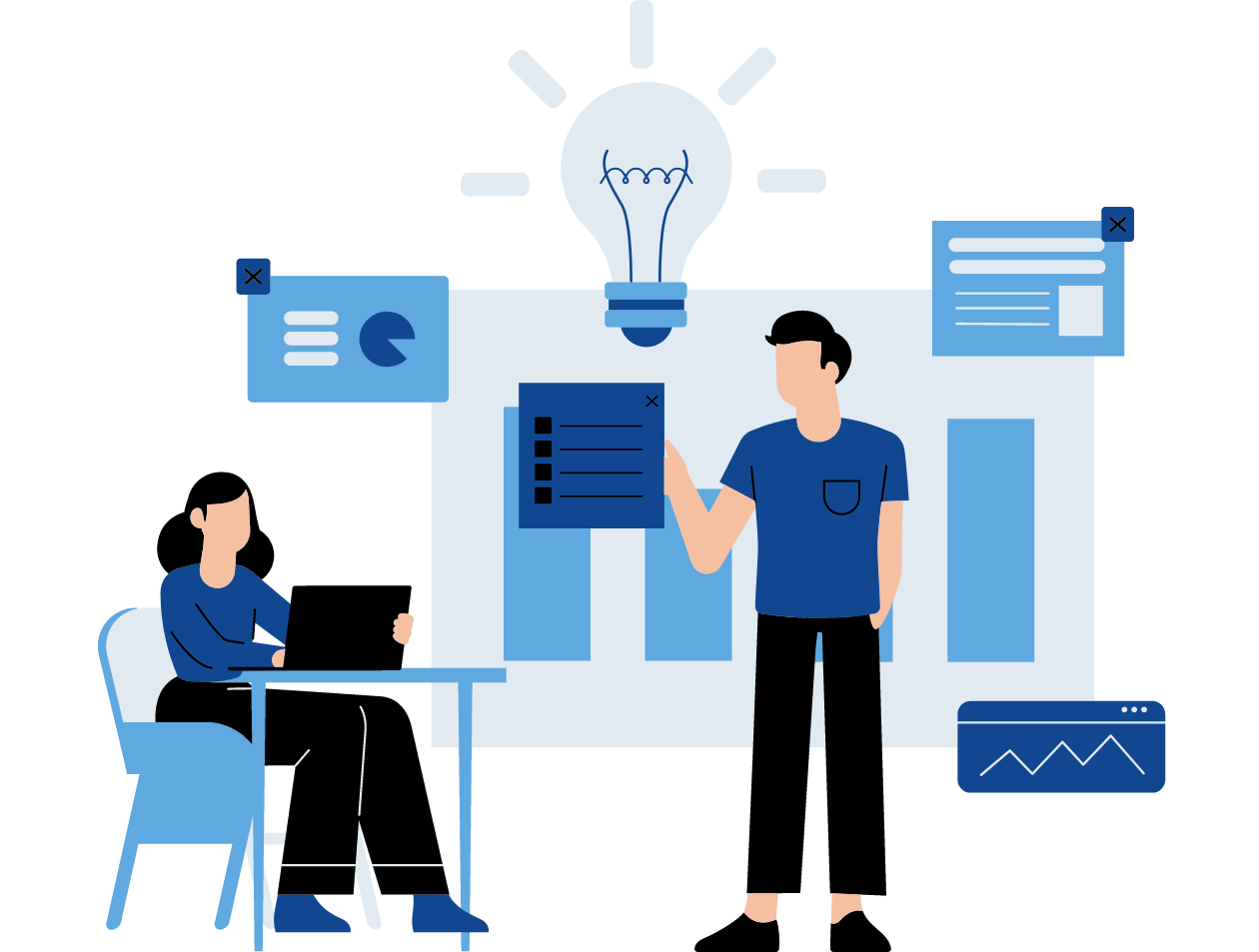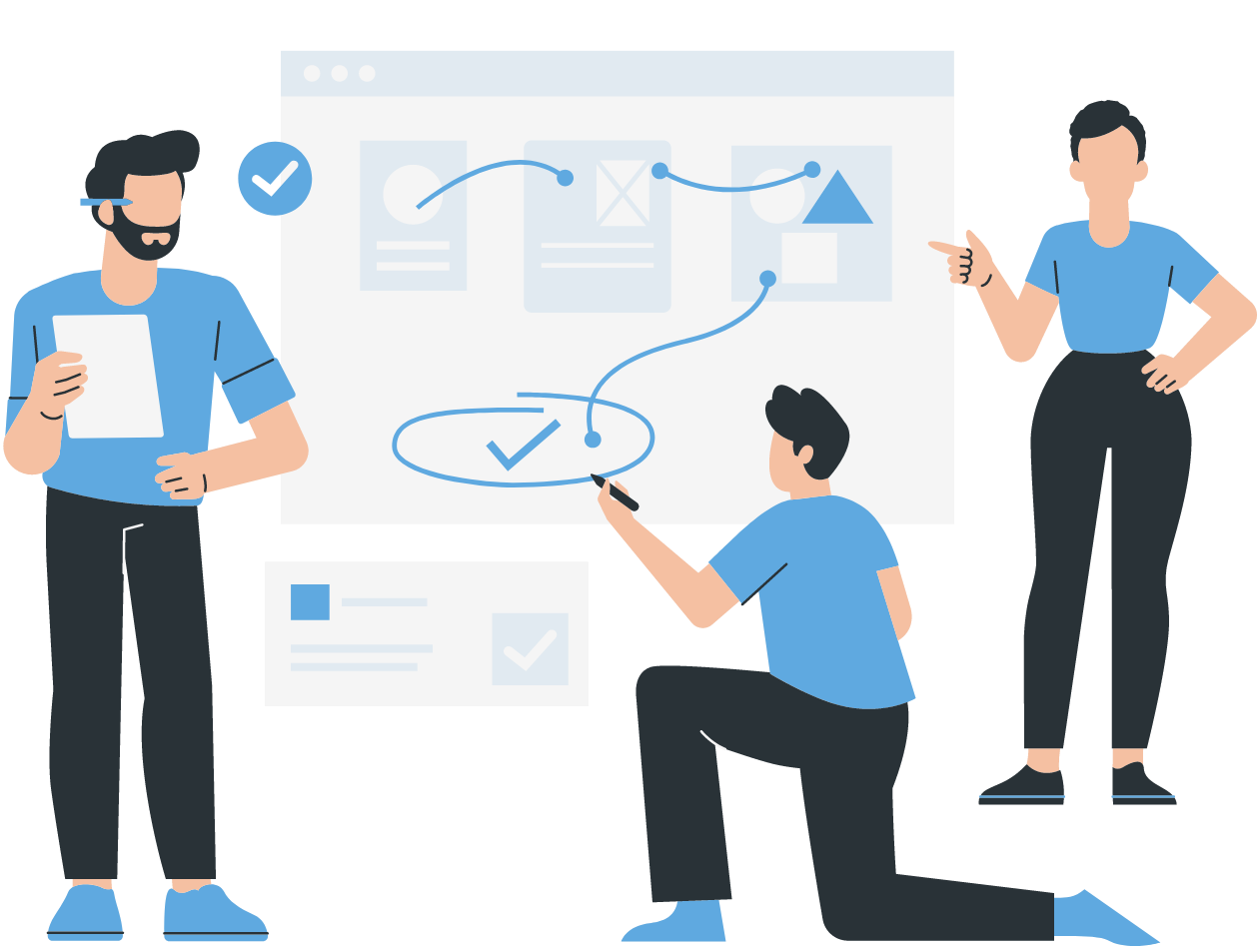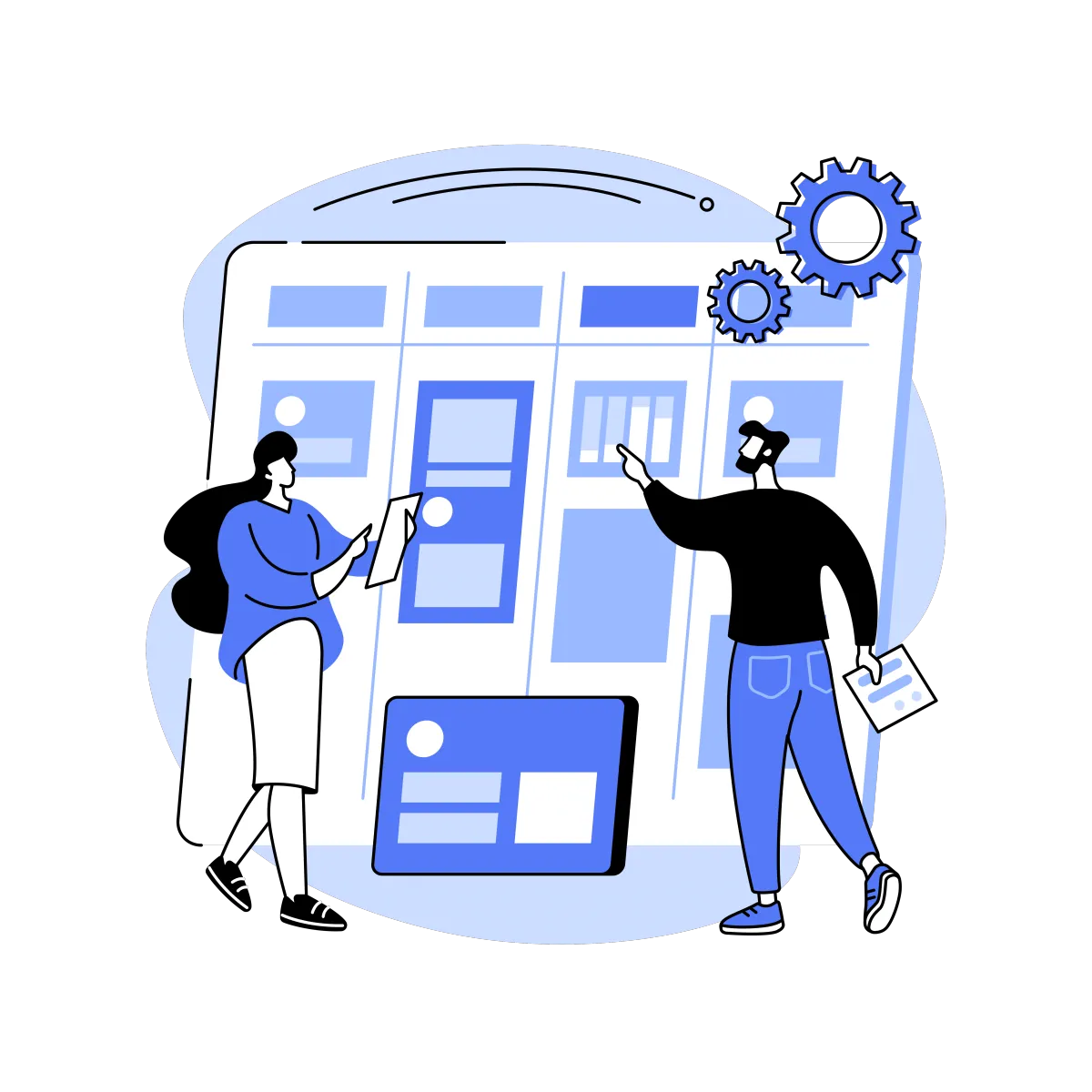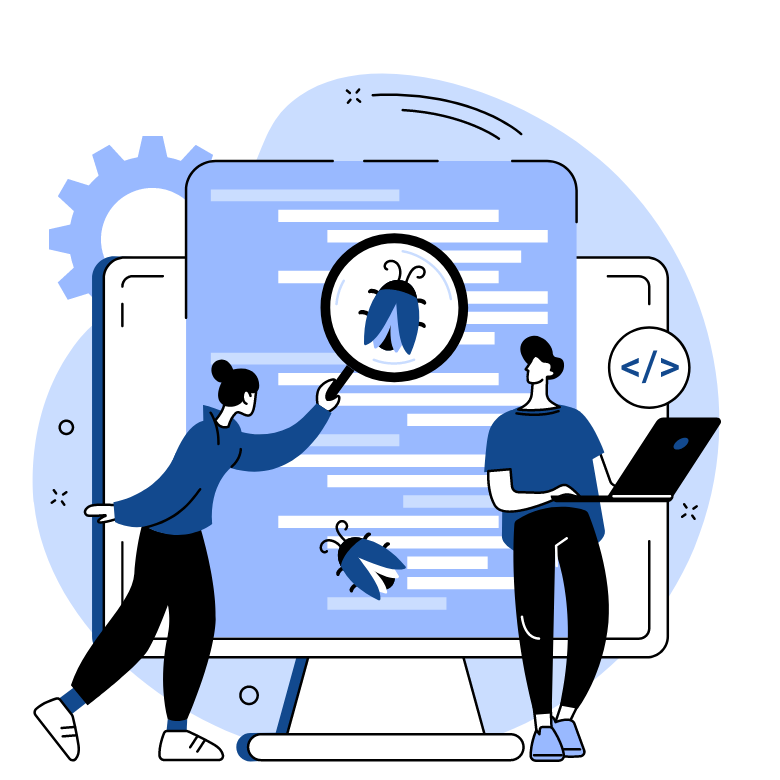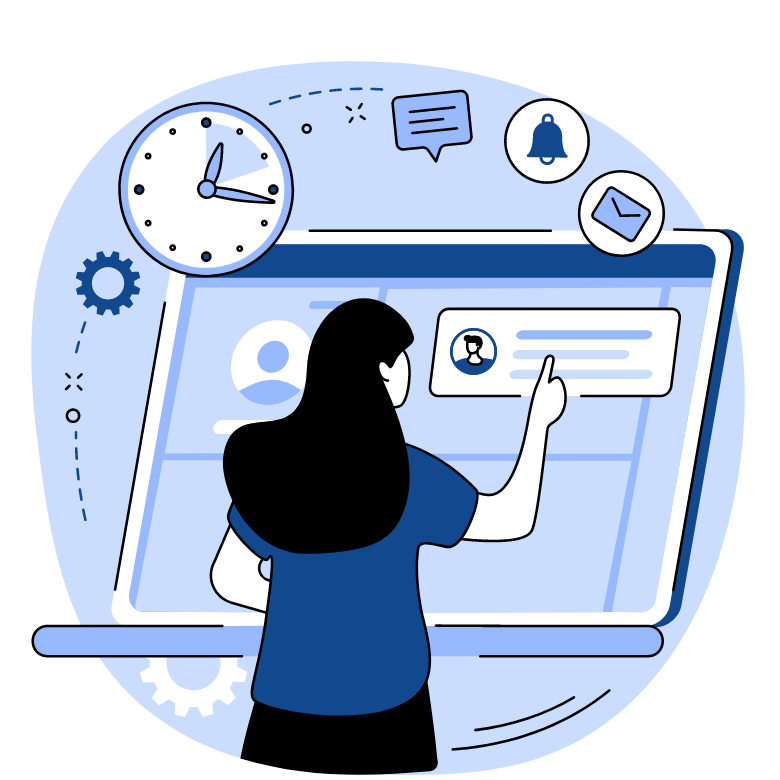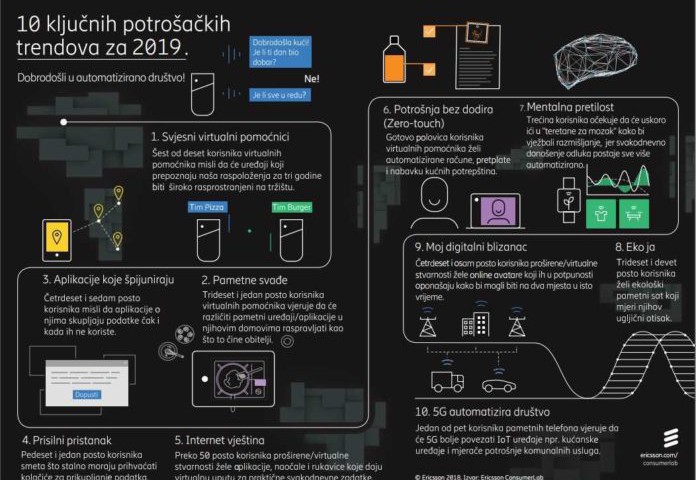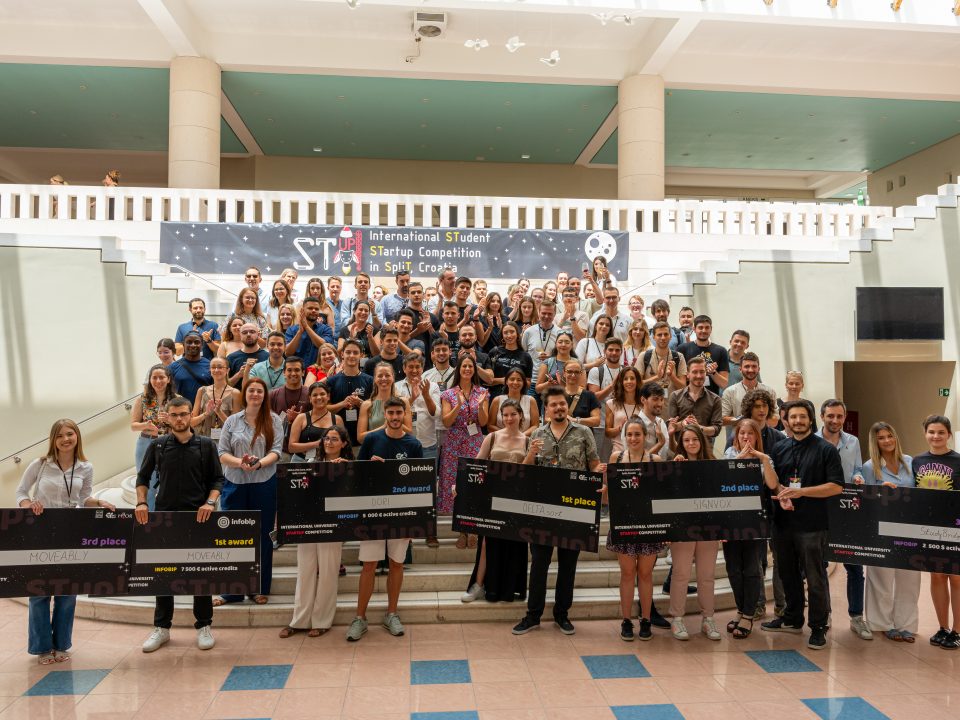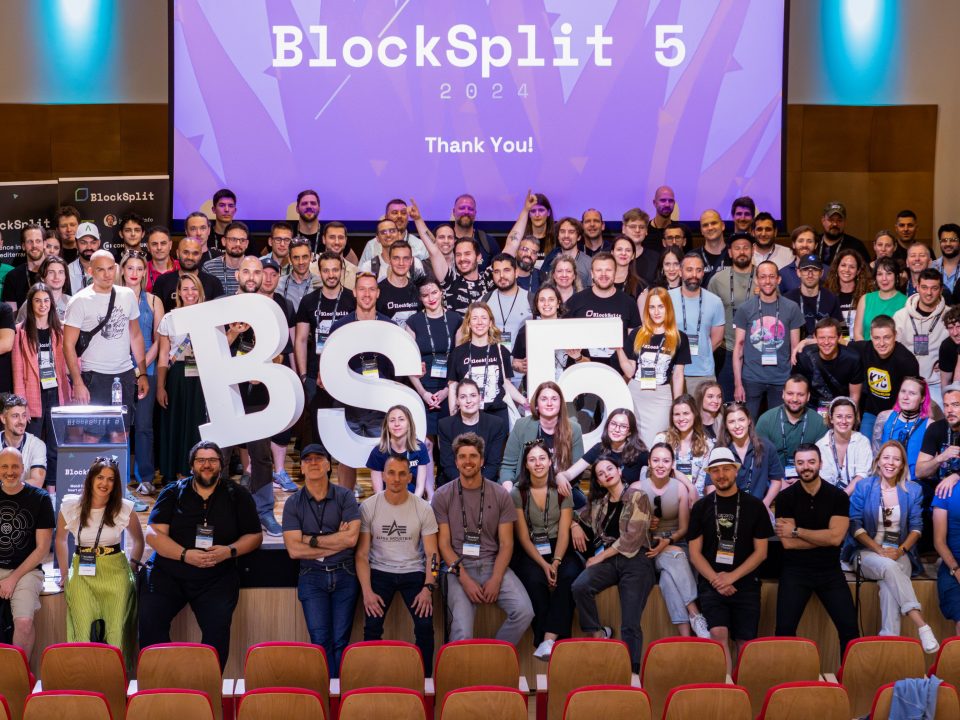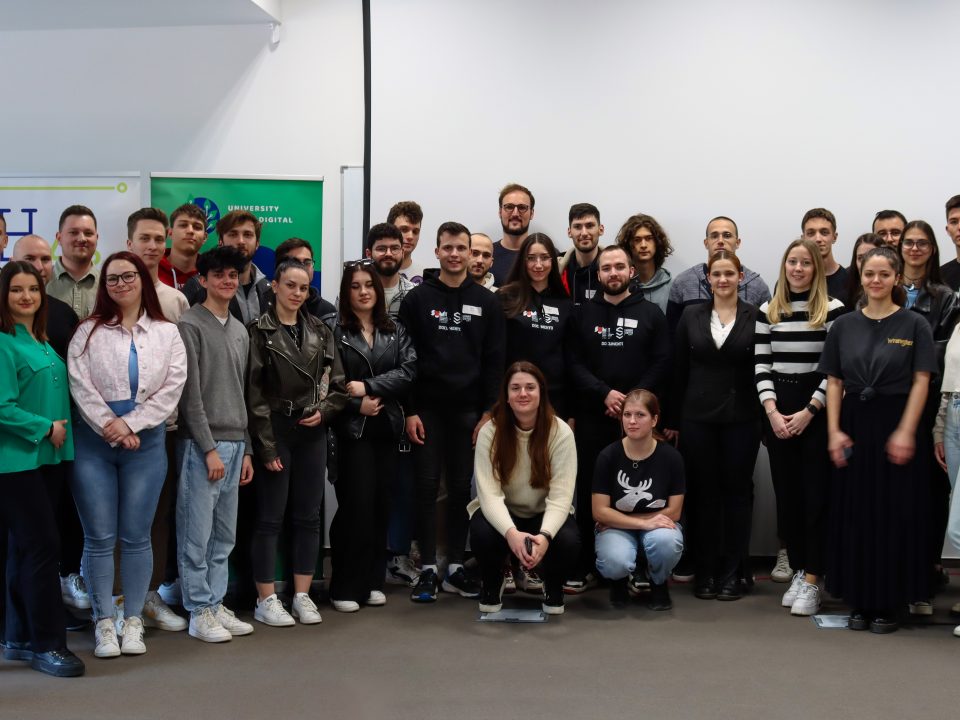
CES 2019 was held, the largest consumer electronics fair in the world
14/01/2019
Israel: the startup nation
18/01/2019For the eighth year in a row, through its ConsumerLab platform, the company Ericsson conducted research and published a report on consumer trends of advanced Internet users entitled “10 Hot Consumer Trends 2019” . The report is based on the forecast of 34 million respondents, almost half of whom believe that the Internet has, for better or worse, replaced many of the simple pleasures of everyday life.
Today, technology brings us advantages like never before and enables things in everyday use to be adapted to our requirements and needs.
A key concept that is developing in parallel with digital technology is automation , that is, the set of all processes that are performed without human intervention or help. All new technologies are being developed in the direction of introducing automated processes, not only in workplaces (these are already common processes in workplaces), but also in personal life. An important question arises: what will happen when the whole society is automated and will life as such remain humane, suitable for man?
Anyway, according to the Ericsson ConsumerLab report, the trends that will significantly affect our daily life are:
- Smartphones as conscious virtual assistants . These are devices that should understand our moods, react to the situation instead of the command.
- Conflicts between smart devices . We are talking about virtual assistants, such as Amazon’s Alexa and Apple’s Siri, or how the accuracy of their information will be reflected considering the presence of several different devices in the same location.
- Spy applications . Many believe that popular apps use cameras, microphones and location information to collect data about their daily behavior, even when they are not using the apps, and therefore global principles on personal data protection are necessary.
- Forced consent . With more and more websites trying to collect data about us, browsing the internet has turned into a real sea. Although the European Union initiative on the protection of user data aims to benefit consumers, a number of companies are trying to encourage consumers to give up their rights to protect personal data.
- Internet skills . More than fifty percent of augmented and virtual reality users want apps, glasses and gloves that provide a virtual guide for practical everyday tasks like cooking or repairs.
- Contactless (zero-touch) consumption . People increasingly expect new technologies to automate boring tasks in life and allow them to have more time for interesting things.
- Mental laziness . 34 percent of respondents trust the nutritional advice of virtual assistants, compared to only 25 percent of those who trust experts. Eating well contributes to a better mood, but what if automating the decisions about what to eat puts you in a state where you no longer know how you feel.
- Ecological awareness . People increasingly associate their own health with a healthy environment, so, for example, the consequence of this is the desire of people for a smart ecological watch that would, for example, measured their daily carbon footprint.
- Digital twins . Being in two places at the same time sounds impossible, but in reality it is already happening. While we are on the phone, we are physically in one place, but mentally we are in a conversation that is taking place somewhere in the ether. This also applies to many situations on the Internet, such as chatting or gaming. Many believe that in a year it will be common for “avatars” to represent us at online meetings.
- 5G contributes to the automation of society . In order for services based on 5G technology to reach the mass market, a cult device must appear that will mark the new technology, just as the iPhone marked the mobile Internet. We need a smartphone that will define mass automation as an intelligent hub for a range of IoT devices. In the survey, users indicated such a smartphone as the primary device they would buy. In second place is an autonomous car, in third place is an AR phone, and in fourth place are smart glasses.
You can read the full report at 10 Hot Consumer Trends 2019



